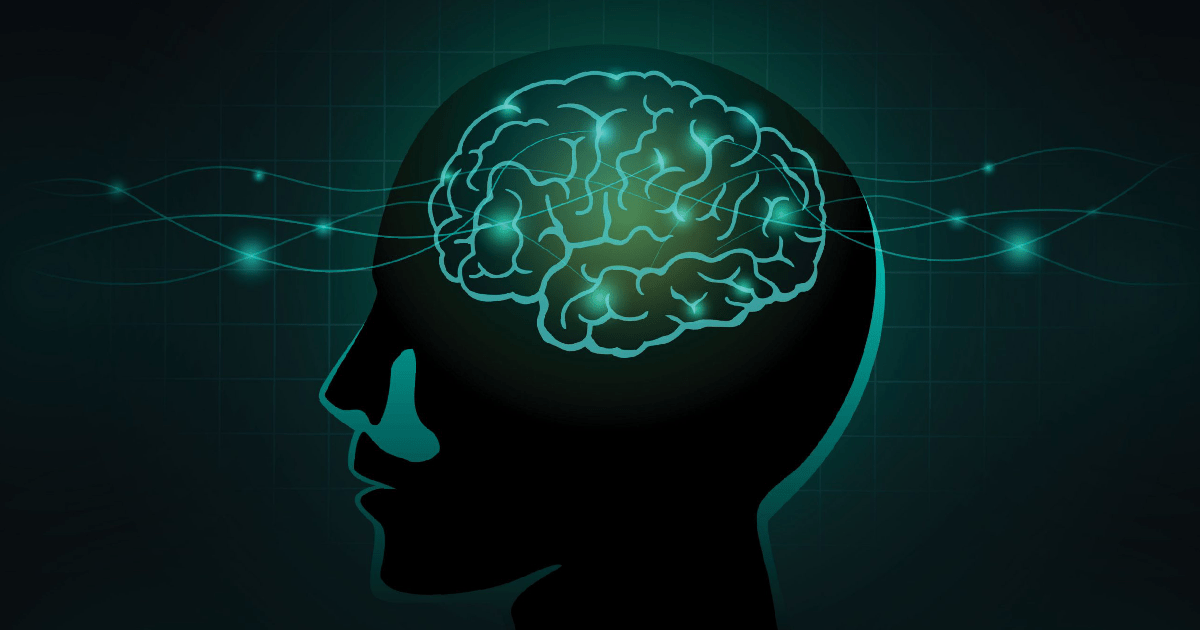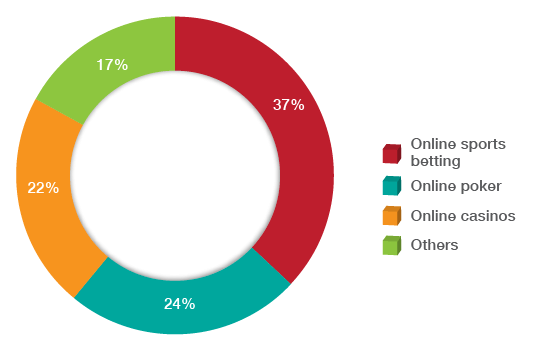
The Psychology Behind Gambling: Unraveling the Thrill and Risks
In the world of gambling, the allure of chance and the excitement of winning can be intoxicating. Yet, beneath the surface lies a complex interplay of psychological factors that drive individuals to engage in this high-stakes activity. Understanding the psychology behind gambling is essential for grasping why people are drawn to it, despite the inherent risks involved.
The Dopamine Rush: Seeking Pleasure and Reward
At the heart of gambling's appeal lies the brain's reward system, driven by the neurotransmitter dopamine. When individuals gamble, the anticipation of a win triggers a surge of dopamine, creating a sense of euphoria and pleasure. This dopamine rush reinforces the behavior, making gambling a compelling and addictive activity for many.
Illusion of Control and Cognitive Biases
Gamblers often believe they have some degree of control over the outcome of their bets, despite the games being based on chance. This illusion of control stems from cognitive biases such as the illusion of skill and the gambler's fallacy. The illusion of skill leads individuals to overestimate their abilities, while the gambler's fallacy convinces them that past outcomes influence future results, leading to irrational betting behavior.
Escaping Reality: Coping Mechanisms and Emotional Regulation
For some individuals, gambling serves as a means of escape from reality or a way to cope with stress, anxiety, or depression. The excitement and adrenaline rush experienced while gambling can temporarily alleviate negative emotions, providing a brief respite from life's challenges. However, this coping mechanism can spiral out of control, leading to excessive gambling and financial ruin.
Social Factors and Peer Influence
Social factors also play a significant role in gambling behavior. Peer pressure, societal norms, and cultural influences can all contribute to someone's decision to gamble. Additionally, the social aspect of gambling, such as playing with friends or participating in community events, can further reinforce the behavior and foster a sense of belonging within the gambling community.
Risk-Taking and Sensation-Seeking
Individual differences in personality traits, such as risk-taking propensity and sensation-seeking behavior, can also influence gambling behavior. Those who are naturally inclined to seek out thrilling experiences may be more drawn to the excitement of gambling and willing to take greater risks in pursuit of a win. However, this propensity for risk-taking can also increase the likelihood of developing gambling problems.
Navigating the Complexities of Gambling Behavior
Understanding the psychology behind gambling is crucial for both individuals and society as a whole. By recognizing the underlying motivations and psychological mechanisms at play, individuals can make more informed decisions about their gambling behavior and seek help if needed. Moreover, policymakers and healthcare professionals can develop targeted interventions and support services to address problem gambling and promote responsible gaming practices. Ultimately, by unraveling the complexities of gambling behavior, we can work towards creating a safer and healthier gambling environment for all.
